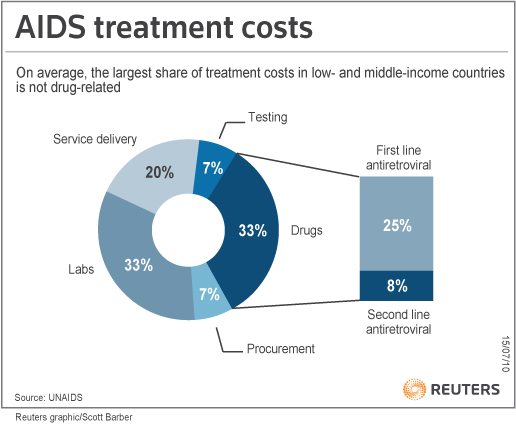Today’s sci journo fail is a bonus entry – it is also a history fail.
The title, “COLONIALISTS ARE COMING FOR BLOOD—LITERALLY” pretty well sums up the argument: taking blood samples for therapeutic and diagnostic development purposes is exactly the same as stealing diamonds, gold, timber, arable land and people from poorer countries.
Please.
Blood samples have no intrinsic value. In fact, samples that contain pathogens like Ebola have negative value–they are dangerous and it costs money to dispose of them. The value of these samples is created only through the skills and knowledge of the people who analyze them.
Biological exploitation is not like mining. A raw nugget of gold has value. Once that nugget leaves its place of origin, so does its value, and a new nugget is not going to grow to replace it. Blood, dirt, leaves and tree bark–the historical examples of biological exploitation cited in the article–are all renewable resources. No one suffered from their loss, no one was denied their use. And their “owners” had no part in creating them. They just happened to live near them.
And unlike that nugget whose value is lost forever to its former owners, the value of biological samples is returned to them, with interest.
Yes it’s true that rich-country drug companies have developed drugs from biological samples obtained from poor countries. They charged high prices and made a lot of money.
And then, because their R&D costs were already sunk, and because the marginal cost to produce more drug is essentially nothing, they began selling those drugs to poor countries at very low costs.
Chloramphenicol is a broad-spectrum antibiotic isolated from an bacterium found in a Venezuelan compost pile. It costs about $1.50 a dose in most of the world (vs $100 in the US). Vancomycin is another broad-spectrum antibiotic, isolated from a bacterium in a soil sample taken from Borneo. It costs $5.50 per dose in Africa, and $86 in the US. Vincristine, an anti-cancer drug isolated from a periwinkle in Madagascar, costs $1.94 per mg in Sudan and $13.25 per mg in the US.
Let’s note that the governments of Venezuela, Indonesia and Madagascar did precisely nothing to create medicines from compost, dirt and plant leaves. Nor are their people suffering from shortages of these items. They did nothing, lost nothing, risked nothing and (eventually) got cheap life-saving medicines. It was all upside for them. They were not any kind of victims.
Those drugs are many decades old. But the trend of once-pricey drugs becoming affordable continues: highly-active anti-retroviral therapy (HAART) for AIDS once cost many tens of thousands of dollars per patient per year, pricing many rich-country (well, US) patients out of therapy. HAART now costs $75 per patient per year in poor and middle-income countries. The same downward pressure on prices is being applied to Hepatitis C antivirals that once cost $80,000.

I think there is a good argument that these costs should be zero. Not just for AIDS drugs, but for all infectious disease drugs. Antibiotic, antiviral and vaccine development should be socialized, because markets can’t price the value of these drugs correctly. You don’t want poor people suffering from infectious diseases, because that puts you at risk. We used to know this in the US, but seem to have forgotten.
European countries (and Asian, American, and African ones) were enthusiastic practitioners of colonialism up until the middle of the last century. The notion that it’s OK to rob and enslave your military inferiors is no longer respectable and should be condemned. However, that’s not what’s going on here.
Hospitals and medical organizations that collect, annotate and store samples, thus adding value to them, deserve to be paid for that value. But patients deserve nothing for samples taken in the course of their care that would otherwise be destroyed. Governments–particularly those that have hindered Ebola containment efforts and are run by kleptocrats–also deserve nothing.
Crying colonialism is a cheap attempt at getting paid for doing nothing. I’m not surprised that some people think this is a good idea. I am surprised that one of them is Maryn McKenna, a top science journalist writing for a top science publication.

1 thought on “Sorry, but taking blood samples is not colonialism”